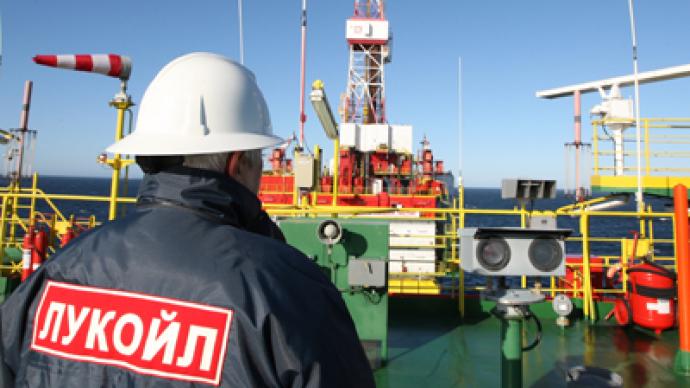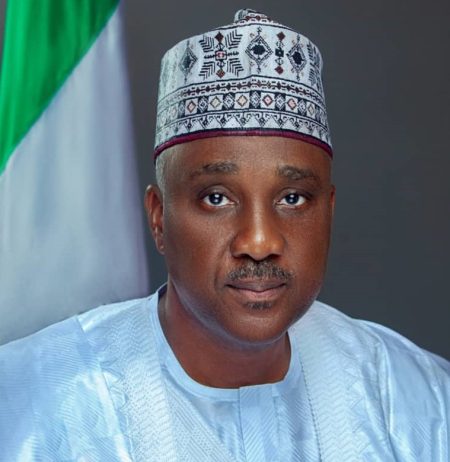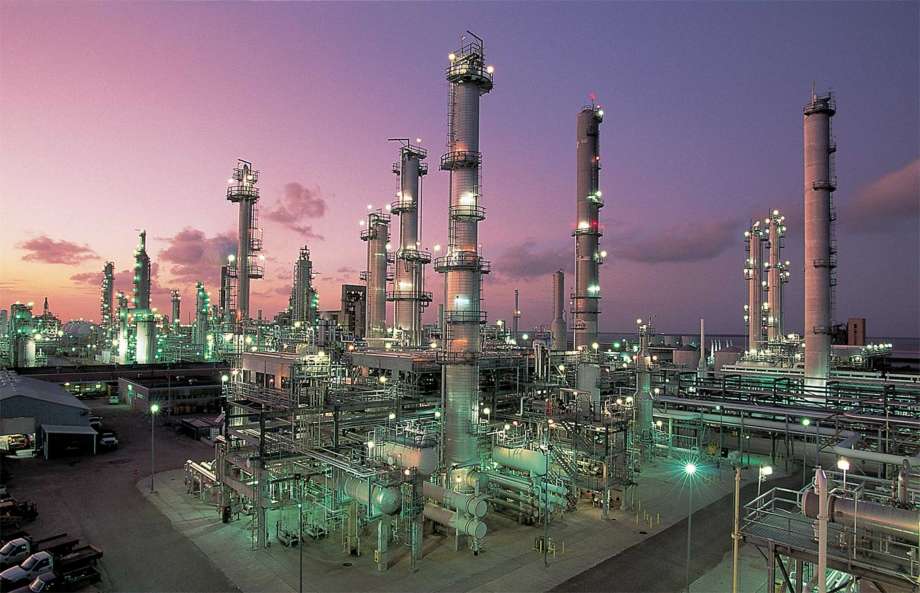
Rome — Italian authorities on Friday provided Lukoil with a “comfort letter” to help a refinery it owns in Sicily get bank financing to buy non-Russian oil and remain operational, staving off worries sanctions could shut it down.
Lukoil’s ISAB refinery in the southern island of Sicily accounts for around 20% of Italian refining capacity and an embargo on seaborne Russian oil that comes into force on Dec. 5 was likely to endanger its activities.
Though Lukoil has not been hit by international sanctions against Russia, ISAB’s suppliers and creditor banks have been wary of dealing with a Russian entity.
The letter says that Lukoil and ISAB should not be restricted in its operations given that they have not been sanctioned, in a bid to reassure ISAB’s suppliers and creditors.
The government’s safe pass comes from the Financial Security Committee, which is run and chaired by the Italian Treasury and is responsible for enforcing sanctions against Russia.
ISAB confirmed in a statement it had received the letter as Reuters previously reported, and said it was grateful to the government for its attention to the issue.
The refinery added it hoped a process of “full normalisation” of its activities could begin and its aim was to ensure the operational continuity.
“The plant is an important pillar of the local economy and it’s reassuring to know that it can keep functioning,” Fiorenzo Amato, a local leader of the CGIL union, told Reuters.
With the letter, the new government of Prime Minister Giorgia Meloni tries to buy time to agree the sale of the plant. U.S. Crossbridge Energy Partners, an investment platform specialising in energy transition projects, is among parties interested in buying the refinery.
Antonio Nicita, a senator with the opposition Democratic Party, who had urged the government to act swiftly, said the letter would allow banks to open credit lines to ISAB.
“I hope the banks will immediately provide funding to ISAB,” Nicita said, adding the government should also consider taking control of the plant.
ISAB discussed the issue with government authorities in an Oct. 17 meeting, which included representatives from Intesa Sanpaolo (ISP.MI) and UniCredit banks, with state-owned export credit agency SACE also present.
Talks are centered on the possibility of state-backed financing from a pool of banks led by UniCredit and Intesa, with guarantees from SACE, sources said.
Follow us on twitter



